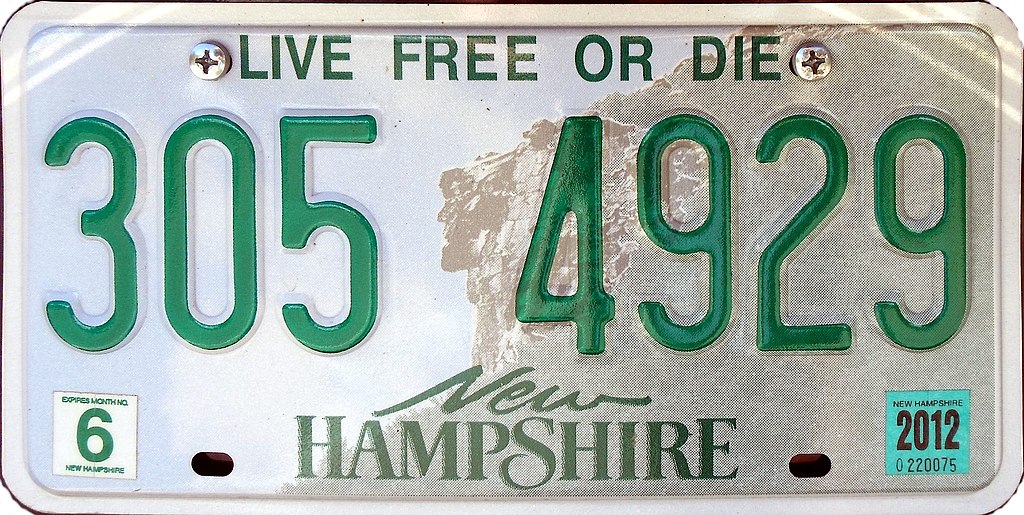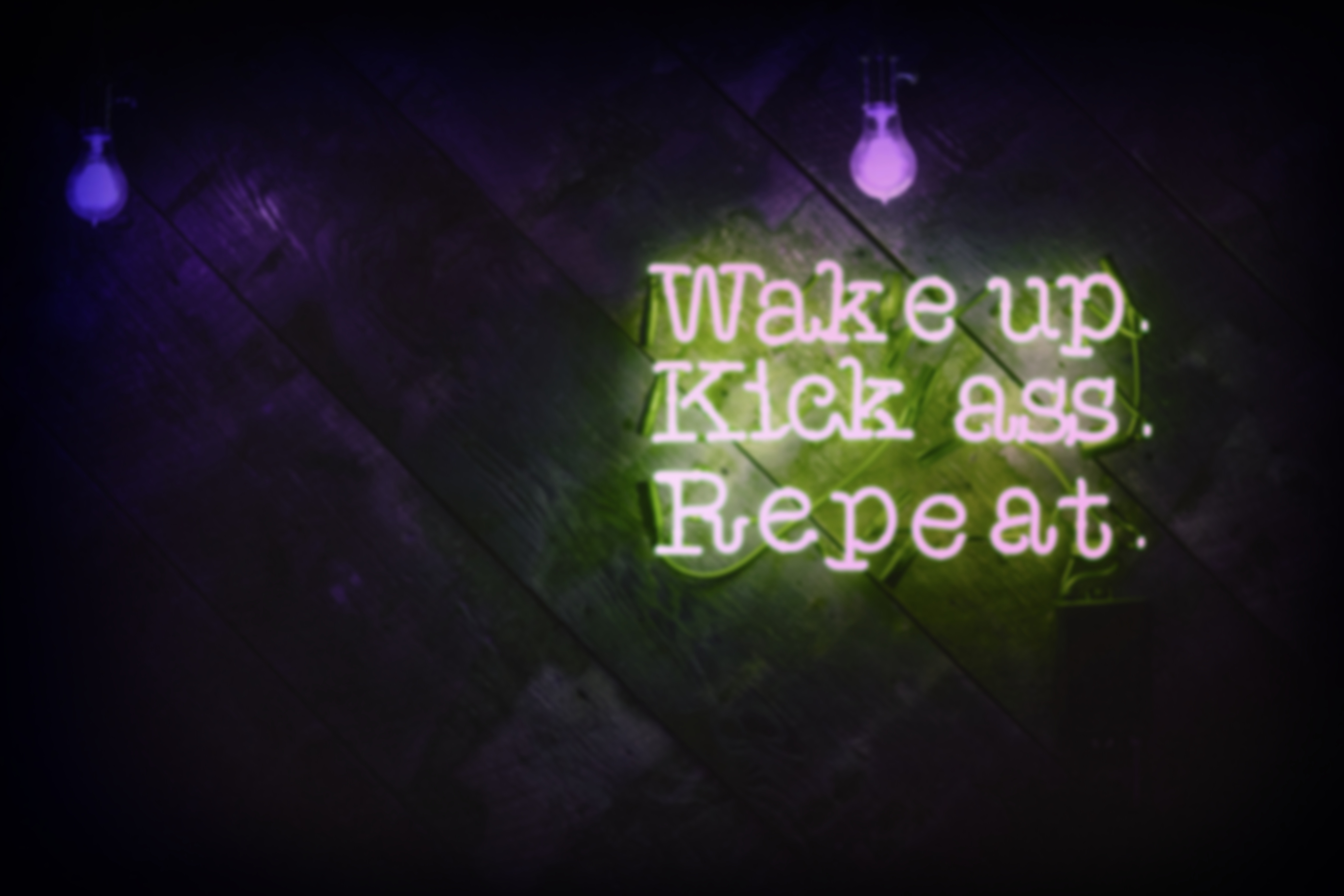Kyle tweets a lot. The man is prolific. Even with all that volume, he’s still able to share some brilliant truths. One recent tweet really struck a chord with me. He discussed the importance of telling the real stories of startup life and the toll this high risk, high stakes game can take on your mental and physical health.
People should write about and tell more real stories about the human experience in startups. The good, the bad, the ugly – out of a complex, challenging and perverse reality.
— Kyle York (@kyork20) October 10, 2019
Many folks responded by sharing a glimpse into their behind-the-scenes. Here’s a quick look into something I experienced.
It began in 2016, which was a tumultuous time at the company I was at. I was very stressed, as a lot of people were, and I began to lose my vision in my left eye. It would come on slowly and then it was like staring directly into the sun. I simply couldn’t see out of that eye. When this happened I would often leave work, drive home (in retrospect, not the best idea since I couldn’t see clearly), and then go lay down in my bedroom with the lights off. Usually after a while my vision would return and I’d be left feeling nauseated but overall fine. For maybe a six month stretch this happened every three weeks or so.
I write the above sentences pretty casually now. But at the time I can assure you there was nothing casual about the way I reacted to the situation. I convinced myself I was going blind or worse – thank you, WebMD. I then went to my PCP, my eye doctor, a chiropractor, a massage therapist and eventually a neurologist. Each said the same thing but I needed to hear it from all of them to believe it.
I was not going blind. I was just stressed. As one doctor put it: maybe play some basketball or something.
My first reaction was shock. I couldn’t believe that something mental – like stress – could manifest itself in such a physical way. Once I got over that, the emotion that lingered was embarrassment.
Stressed? What did I have the right to be stressed over? My life has been blessed beyond anything I deserve. People are dealing with life and death issues and I’m losing my vision because the engagement rates on my latest tweet were down?
I felt guilty for being stressed over things that were so small and so insignificant. And not only stressed but to the point where it was impacting the thing that really mattered in my life – my time with my family.
Lying in a dark room gives you a lot of time for perspective. I learned three things that are probably applicable to everybody:
Keep perspective
Most of us know what’s important in life: our health, our family and friends, helping those in need. During this period, I told myself I would prioritize those things and minimize everything else. Why would I stress about a work issue if it’s not going to matter in 20 years?
I thought I could stop caring so much about things related to work. For a moment, I even faked myself into thinking I was doing it. But I can’t. It’s who I am. I care about the work I do. It doesn’t mean I care about my family less. On the contrary, part of why I care about work is because it is a vehicle through which to help my family.
What I am now trying to focus more on though is enjoying the work instead of obsessing over the outcome. I’d often lie in bed at night thinking about all the things I never got to finish that day or how much better this meeting or that pitch could have gone.
What I discovered is that if I prioritize enjoying doing the work, then the outcome usually ends up better anyway. People can tell when something was done out of joy or out of fear.
Don’t be so hard on yourself
I am wired tight. I wish I wasn’t but it is who I am. Many of my flaws stem from this genetic disposition. I am working on it. But I also need to acknowledge that many of my strengths come from this as well. Every time I think I have perspective and my priorities inline, I end up stressing out over something. That’s OK.
Getting anxious or stressed isn’t a weakness. Everybody handles situations differently. What stresses me might not stress you and vice versa. Don’t be ashamed and don’t beat yourself up. That certainly won’t help in the long run and will only exacerbate the situation in the short term.
You’re not alone
When you’re dealing with this sort of thing, especially when you’re embarrassed by it, it can feel like you’re the only person going through it. You’re not. And that is important to know. I echo Kyle’s point that if we’re going to talk about the startup experience we have to talk about the entire thing – warts and all.
One thing startups are good at are rewriting history and myth making. We can’t create the illusion that it’s a fairytale. We have to tell the truth. It’s the only way we actually do it justice and truly chronicle this golden age of innovation we’re living in.
And we have to provide tips and tricks on how to deal with and handle that part of the equation. On this blog, we can’t provide best practices on demand generation but not on how to deal with your mental health. What’s the point of growing a successful company if we damage ourselves in the process?
So I promise you we will tell the whole story and share advice and tips from mental health professionals as well. If you’re one and would like to contribute, please contact me @adamcoughlin.
The startup life is exciting and wild. It is also chaotic and challenging. Maybe that mix is what makes it so beautiful. Maybe we’ve chosen this life. Maybe it has chosen us. Either way we want entrepreneurs to succeed in every phase of life and we want to invest in their startup but also their happiness and well-being.



